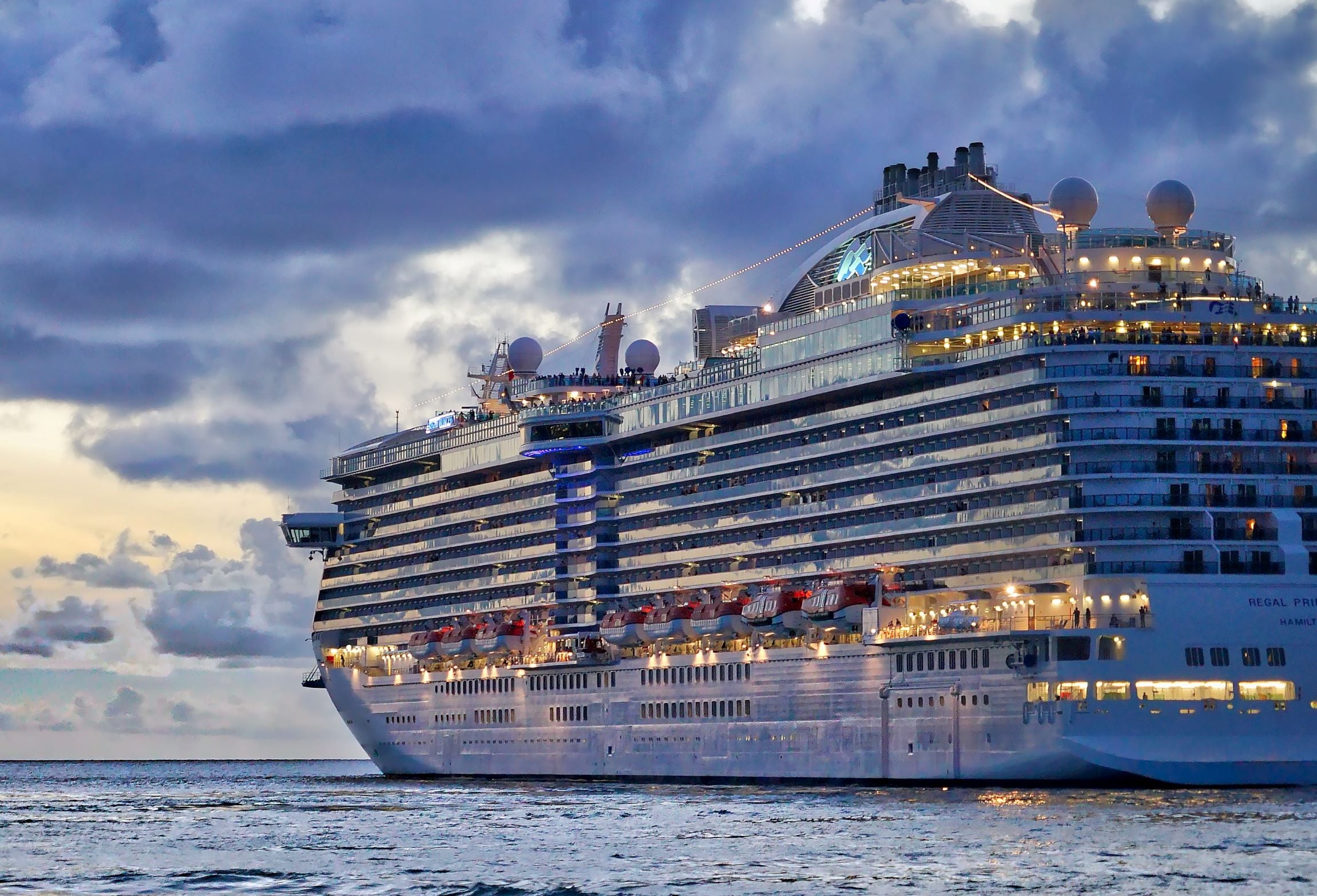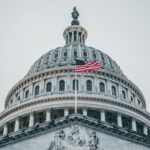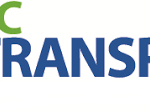Thinking of a cruise? Think again. Global Cruise Activist Network calls for cruise industry changes
Extinction Rebellion Victoria has joined the Global Cruise Activist Network, a worldwide group of activists who are demanding the cruise industry doesn’t return to business as usual as cruise ships start sailing again after the COVID-19 pandemic.
On Wednesday, September 2, port communities from around the world — including Victoria, B.C. Canada; Southampton, UK; Venice, Italy; Charleston, South Carolina; Monterey, California; and Juneau, Alaska — as well as those who represent the concerns of cruise victims and cruise workers, hosted a virtual press conference to launch of the network. Activists discussed the harmful ways the cruise industry impacts their local communities, and introduced a global set of guidelines called the “Principles of Responsible Cruise Tourism,” which they demand companies agree to follow before their ships set sail again or are permitted to enter ports.
A recording of the virtual press conference is available on Facebook at www.globalcruiseactivistnetwork.com.
“Since these floating cities began sailing the Salish Sea and Inside Passage to Alaska, their business model has been built on a racist understanding of Indigenous sovereignty. This has been demonstrated repeatedly by the cruise industry’s foul disregard of territorial waters and human rights, its reckless burning of massive volumes of fossil fuels, and its wanton spewing of toxic smoke. The industry also has freely dumped solid waste and human sewage into the ocean, while tragically turning our treasured endangered whales into marine roadkill. That’s to say nothing of many other social, environmental, and economic injustices found on the dark underside of this carbon-intensive industry,” said Howard Breen of Extinction Rebellion Victoria. “The severe shortcomings of the industry were on full display with the Covid-19 pandemic, when cruise ships became floating petri dishes for the deadly virus. Extinction Rebellion demands that cruise ship owners, executives, and their shareholders commit to legally binding agreements that demonstrate an unwavering willingness to transparently decolonize, decarbonize and decrease their toxic corporate, social, and environmental footprint. To do otherwise in this pandemic era will imperil the industry’s recovery and any welcome by the beautiful city of Victoria.”
Members of the network represent locations including Key West, Florida; Charleston, South Carolina; New York City; Bar Harbor, Maine; Santa Cruz & Monterey Bay, California; Seattle, Washington; Juneau, Alaska (United States); Vancouver & Victoria, British Columbia (Canada); The Bahamas; The Cayman Islands (Caribbean); Belize City, Belize (Central America); Gold Coast & Sydney, (Australia); Venice, Italy; Southampton, UK; Antwerp, Belgium (Europe); Bergen, Norway; Copenhagen, Denmark (Scandinavia). The network also includes someone who was on board during the Costa Concordia sinking in 2012 who helps coordinate a group supporting cruise victims, and a former cruise employee who helps coordinate a labour rights group supporting crew members still stranded at sea.
PRINCIPLES OF RESPONSIBLE CRUISE TOURISM
For decades, the cruise industry’s business practices have put the social fabric, economic integrity, public health, and environment of host communities — as well as passengers, crew, coastal and marine ecosystems, and the climate — at risk. The latest example of this — the industry’s mishandling of the COVID-19 pandemic, shows that the industry is unwilling to protect the public interest without legally binding regulations.
Inspired by the 2002 Cape Town Declaration on Responsible Tourism, the Future of Tourism Coalition’s Guiding Principles, and the principles of Free, Prior, and Informed Consent, the Global Cruise Activist Network is calling cruise companies to delay their return to operations until they address the “Principles of Responsible Cruise Tourism.”
Victoria, B.C., Extinction Rebellion further demands the cruise industry specifically adhere to the following principles and enabling directives:
• Self-Determination: Vessel operators must obtain free, prior, and informed consent (United Nations Declaration on the Rights of Indigenous Peoples) of the Indigenous nations with sovereign territorial rights to B.C. coastal waters — not just with nations that have Victoria port territorial interests — before resumption of operations.
• Economic Impacts: Address the cruise industry’s ongoing history of exploitive business practices by implementing policies that maximize the retention of revenue within home ports and ports of calls.
• Labour: Create a safe, just, and equitable environment for workers on board and on shore by aligning with the strictest labor and environmental standards in the world.
• Climate Change: Stop contributing to climate change, by publicly committing to achieving zero emissions on the BC-AK Inside Passage route by 2025 and across your entire global fleet by 2050, including implementing slow-steaming protocols, halting LNG investments, and eliminating the use of heavy fuel oil globally.
• Air & Water Pollution: Stop polluting the air and water, by leading the development of a universal shore power system, ceasing the use of scrubbers, and stopping the dumping of all waste near shore. Currently the industry’s vessels use weakly regulated Canadian waters and port communities to discharge, emit, and also evade fuel and waste taxes/costs in a manner better regulated in adjoining U.S. state jurisdictions. We demand that regulatory ‘harmonization’ be introduced to ensure better cross-border ‘do no harm’ regulation, monitoring and transparency policy prevail in the U.S. and Canada. There should be no further grey and blackwater untreated discharges within 3 miles of the BC coast. Any further felony convictions for plastic dumping or oily bilge dumping elsewhere must result in immediate revocation of all B.C. home port permits. Cease the use of all single-use plastics regardless of the carbon source –plant or petroleum. On board incinerators are absolutely not acceptable for disposing of plastics and should not be seen as an alternative solution.
• Monitoring and Transparency: Install continuous air and water monitoring equipment and publicly disclose the performance, and support third-party monitoring.
• Environment & Biodiversity: Reduce speed below 12 knots within 25 miles of the BC coast to prevent whale strikes and avoid sonic disturbance to sensitive coastal and marine wildlife. Collaborate with the public, policymakers and other operators to cap the number of large cruise ships on the Inside Passage route. Limit and contain cruise tourism’s land use and de-privatize cruise natural attraction destinations. Vessels shall not traverse a ‘marine protected area’ when marine mammals are present.
• Public Health: Notify passengers of the potential health risks of breathing ship exhaust, implement measures to control the spread of disease, and when an outbreak occurs, cease all travel immediately and provide real-time reporting of infectious diseases.
• Crime Victims: Institute policies and practices to protect passengers, including from sexual assault, and implement Man Overboard Detection technology.
• Worker Repatriation: Provide for the repatriation of all ship-based crew in the event of future disease outbreaks and ensure that crew members who remain on board are being adequately paid.
“The Global Cruise Activist Network is calling on industry to responsibly decolonize, decarbonize, and decrease their ecological and social corporate footprint. Should the cruise ship owners steadfastly reject our common sense policy demands and remain complicit in putting passengers, crew, communities and the planet at risk, their vessels and terminals will be met by Extinction Rebellion Victoria disruptions, imperiling their recovery on this the most lucrative cruise ship route in the world,” concluded Extinction Rebellion spokesperson Howard Breen.
The Global Cruise Activist Network’s logo features two international maritime flags representing the letters K and L, which mean “I wish to communicate with you” (K or Kilo) and “You should stop your vessel immediately” (L or Lima).
Learn more at https://globalcruiseactivistnetwork.com
























